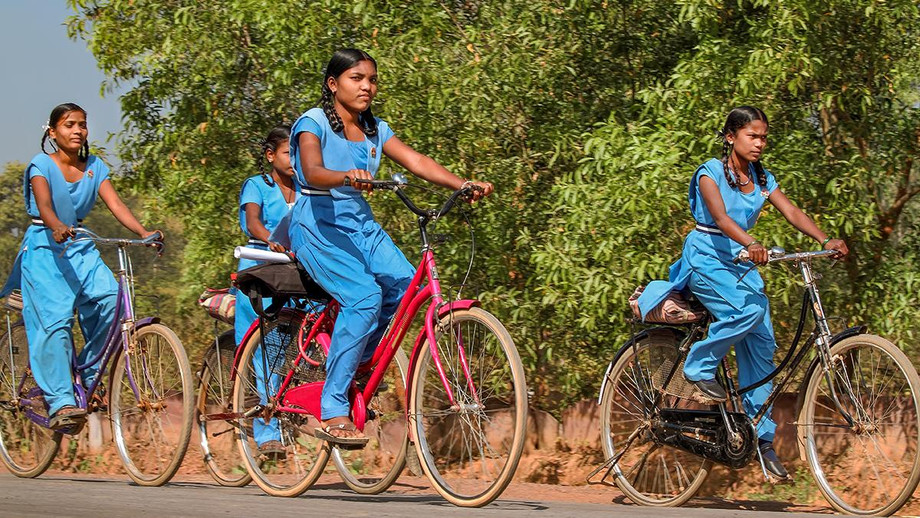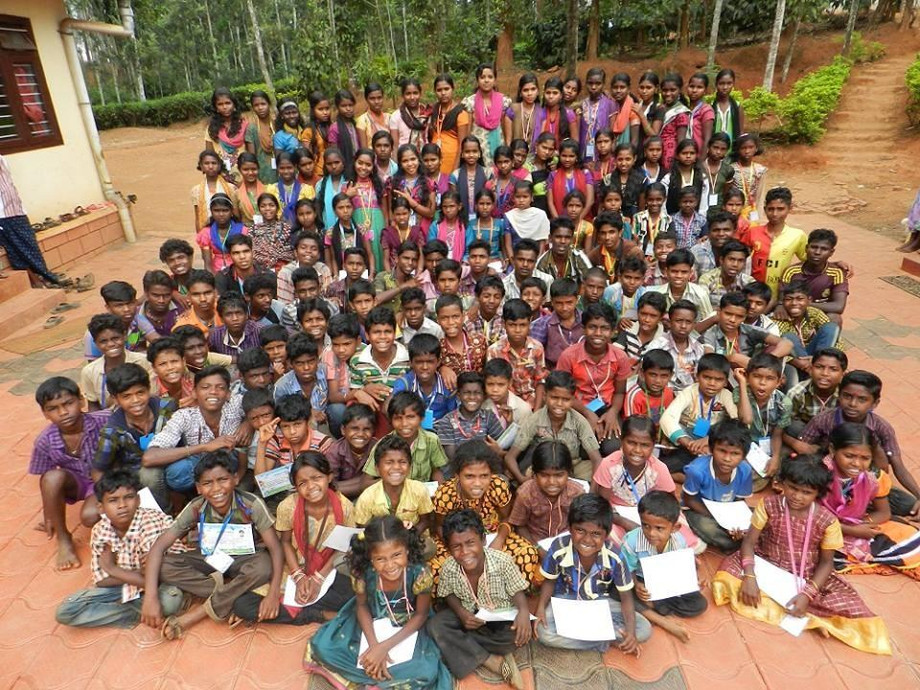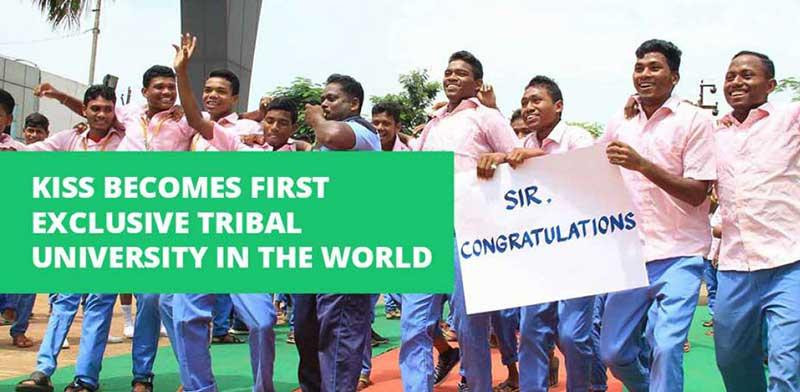The case with many indigenous people worldwide, centuries of facing inequalities, marginalization, and encroachment of their space have shaped the life of tribal communities in India. They live in difficult areas, relying primarily on subsistence agriculture and forest produce. The government’s tribal welfare measures have not reached all of them, and many lack access to education and opportunities to excel.
Tribal welfare has been one of the government’s top priorities since Independence. But there are thousands of young tribals who lack access to primary education, health, nutrition, and better opportunities in life. Tribals form around 100 million of India’s population or over 8% of the total population.
Nonprofits have played an important role in bridging the gaps in tribal welfare in education, health, nutrition, and others. Following are the examples of a few NGOs that are trying to provide their best to them.
Marida Education and Welfare Society:-
‘Marida’ in Sanskrit stands for both ‘joy’ and ‘soil’. And Mrida Education and Welfare Society has been trying to do just that with its grassroots-led development programs among tribal communities of the Mahakoshal region comprising some of the most backward districts of Madhya Pradesh.
The organization started with a school for the children from tribal communities, deprived of knowledge and aspirations. Meridia has been trying to build and scale impactful education, nutrition, and livelihood practices for school-going children in tribal belts and demonstrate an environment of love and care.
Nilgiris Wynaad Tribal Welfare Society (NWTWS):-
NWTWS has been working in the field of tribal welfare in the Nilgiris region in Tamil Nadu since 1978. It was originally designed to address health issues in the region, but there were so many other problems facing the communities that it expanded its welfare programs.
While it helps boost the self-esteem and confidence of tribal children, it emphasizes preserving tribal culture and heritage. Through its innovative Livelihood Enhancement Programme, NWTWS has distributed cows and goats to leprosy survivors to generate income and improve their quality of life.
Kalinga Institute of Social Sciences:-
Starting in Odisha as a residential school, Kalinga Institute of Social Sciences (KISS) provides quality education to the tribal children to help them overcome poverty and injustice. And in the last 30 years, the organization has grown by transforming the education landscape in the tribal areas of the state. With student strength crossing 25,000, KISS is one of the world’s largest residential education institutions for tribal children, serving over 10,000 meals daily.
KISS has persistently strived to become a preferred center of learning for the poor indigenous sections of the society. It focuses on formal education while providing sustainable livelihood and scope for holistic development.



